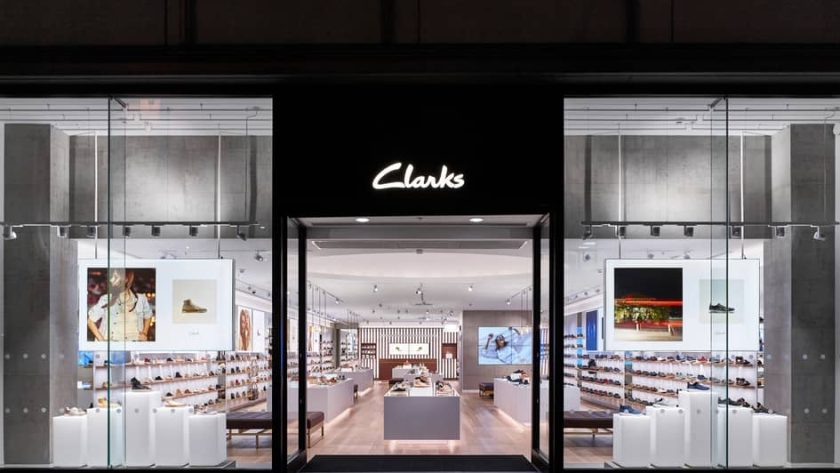British footwear retailer Clarks experienced a drop in sales and profit in 2022 as an increase in post-pandemic demand was offset by supply chain disruptions.
The company, which has undergone a significant transformation in recent years, generated turnover of 502.8 million pounds in the 12 months ended December 31 2022, down 2 percent from a year earlier.
The company benefited from the lifting of lockdown measures in 2022, but a surge in post-pandemic demand could not be met due to global supply chain issues in the first half of the year, according to filing at Companies House.
This resulted in late delivery of products, intermittent quality issues, and reduced availability of stock, which led to lower levels of conversion in store and online.
Supply chain issues reduced the amount of Spring Summer stock that was available in store and online in the first half of 2022, meaning its conversion across direct-to consumer (DTC) channels fell below plan but was offset by pricing initiatives which increased average selling prices (ASP).
Market headwinds
In the second half of the year, DTC trading softened from October as the UK cost of living crisis and high inflation resulted in more price sensitive consumer behaviour. In response, Clarks increased its promotional activity. Despite that, however, ASP and gross margin were both higher in the second half of 2022 compared to the prior year.
The company’s net profit for the year fell to 22.6 million pounds from 31.5 million pounds the prior year.
Clarks has undergone a major transformation in recent years with a change in ownership and leadership as it looked to rebound from the impact of the pandemic.
In March 2022, the company appointed Jonathan Ram, the former group president of global activewear at HanesBrands, as new CEO.
He replaced former chief executive Victor Herrero, who stepped down in 2021 after private equity firm LionRock Capital bought a majority stake in Clarks.
LionRock agreed to acquire a 51 percent stake in the retailer provided it received approval from creditors to launch a company voluntary arrangement (CVA).


